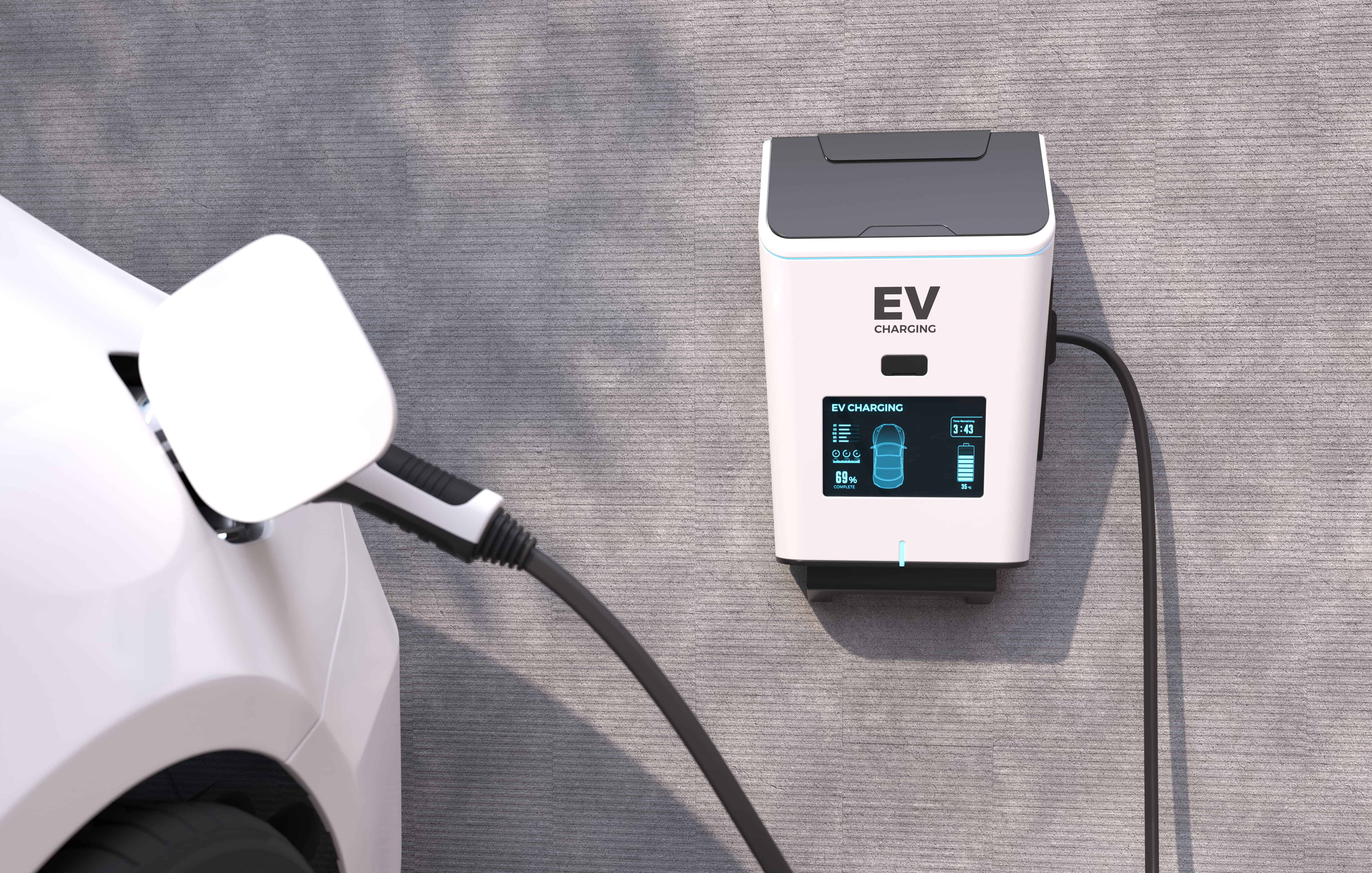Installing an EV Home Charger: How Long Will It Take?
Here are some things you should expect when installing an EV charger for your home.
Many EV owners choose to install an EV charger at home to ensure a reliable and efficient charging experience. However, how long does it take to install an EV charger at home? In this article, we will explore the factors influencing installation timelines and provide a general overview of the process.

Factors Affecting Installation Timelines
1. Electrical Infrastructure
If your electrical panel at home has sufficient capacity and meets the requirements for an EV charger, installation may be quicker. However, if upgrades or modifications are necessary, the process may take longer.
2. Permitting and Inspections
The duration to obtain permits and schedule inspections vary depending on your location and the efficiency of the local authorities involved.
3. Equipment Selection
Different types of EV chargers have varying installation complexities. Some are relatively straightforward to install, while some may require additional electrical work.
4. Professional Installation
Hiring a certified electrician or an EV charging installation service is recommended to ensure a safe and reliable installation. The availability and scheduling of these professionals can influence the timeline.
Typical Installation Timeline
While installation timelines can vary, the process usually takes anywhere from a few hours to a few days. Here is a general breakdown:
1. Consultation and Site Assessment
An initial consultation with an electrician or installation service helps determine your requirements and assess the feasibility of installation.
2. Permitting and Approval
Acquiring the necessary permits and approvals from local authorities can take several days to weeks, depending on your location.
3. Electrical Upgrades (if required)
If your electrical panel needs upgrades or modifications to accommodate the EV charger, this step may take a few hours to a day.
4. Charger Installation
The actual installation of the EV charger typically takes a few hours. This includes mounting the charger, connecting it to the electrical system and ensuring proper functionality.
5. Final Inspection and Activation
Once the installation is complete, a final inspection is typically required before activating the charger for use.
Key Takeaways:
- Installing an EV charger at home is a worthwhile investment for EV owners.
- While installation timelines can vary depending on several factors, a general estimate suggests that the process can take anywhere from a few hours to a few days.
- It is essential to consult with professionals, plan and be prepared for potential delays.
